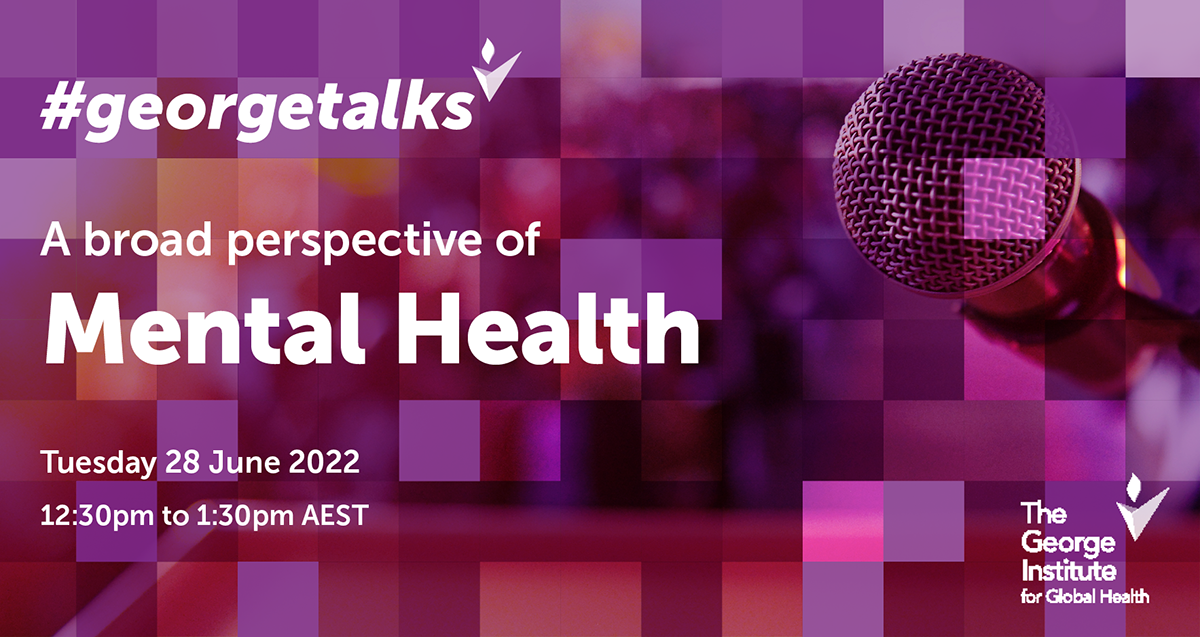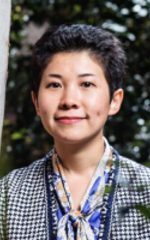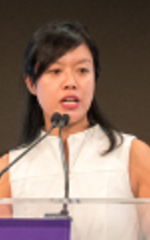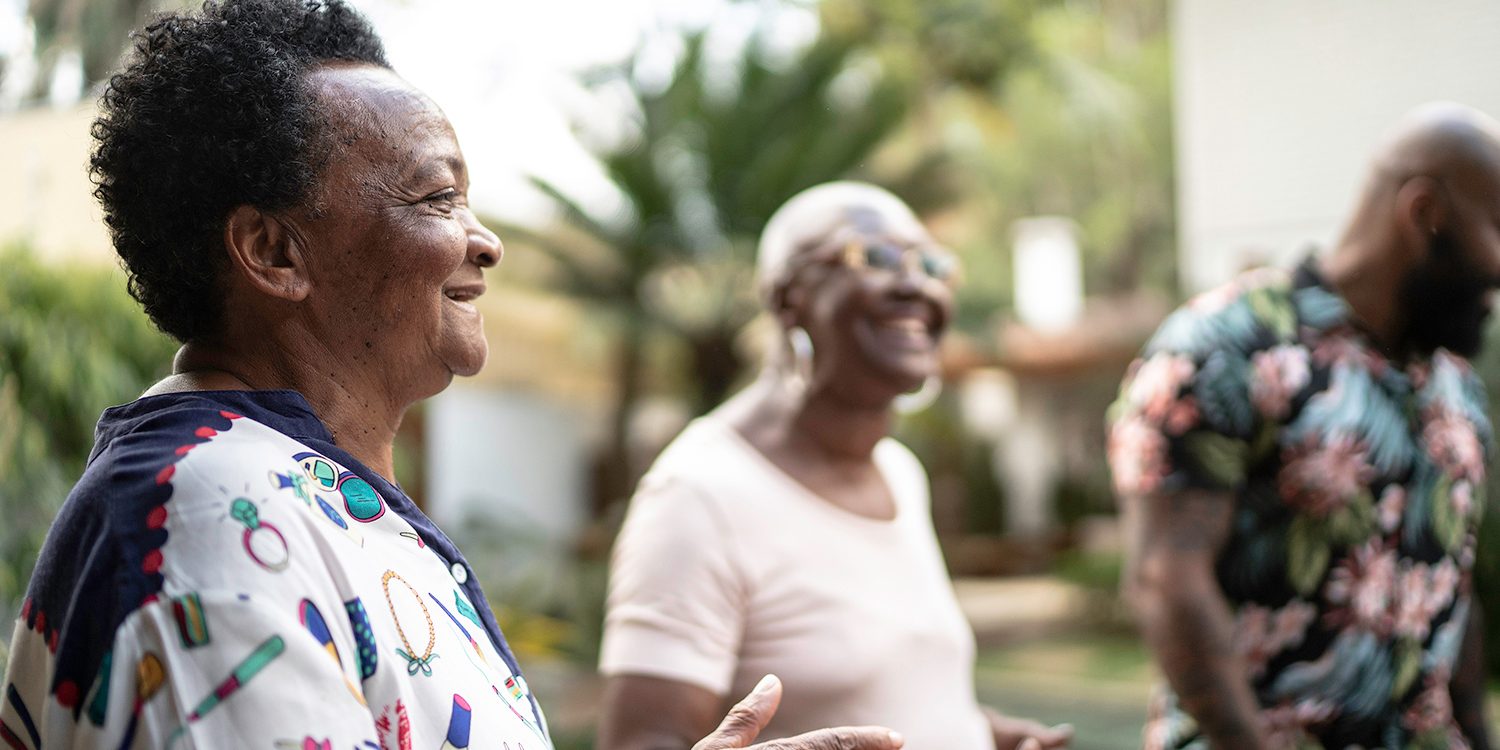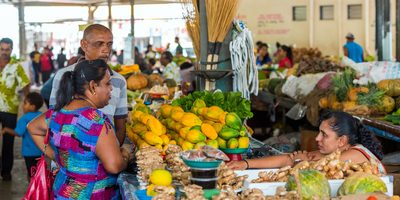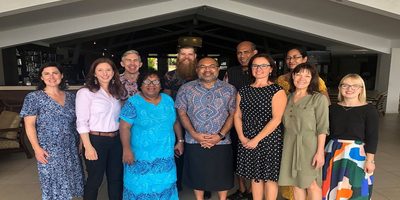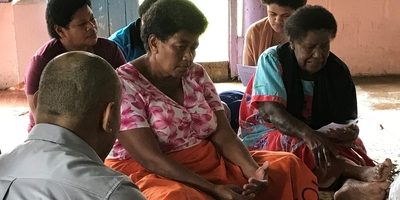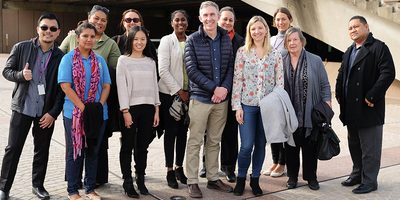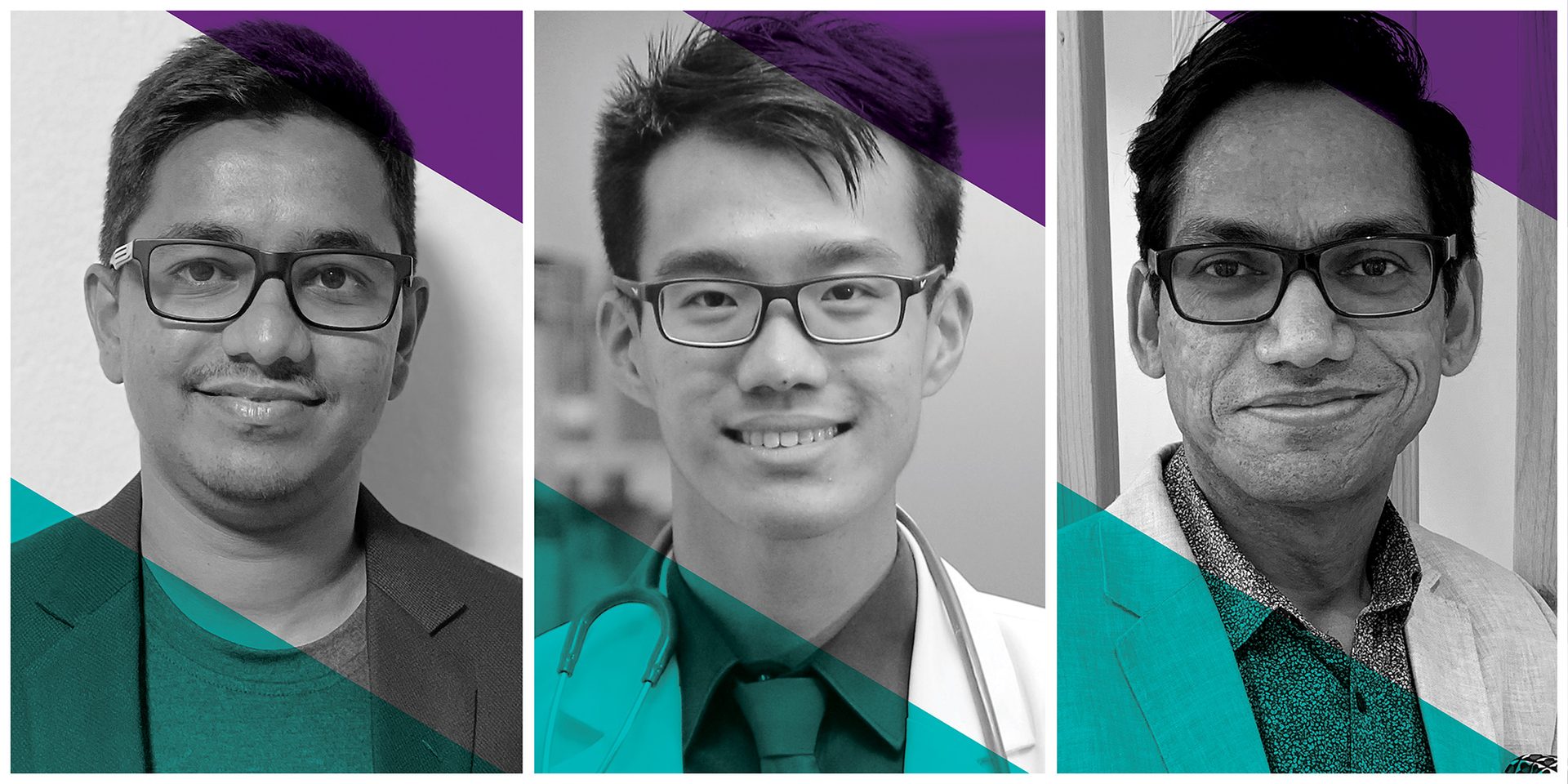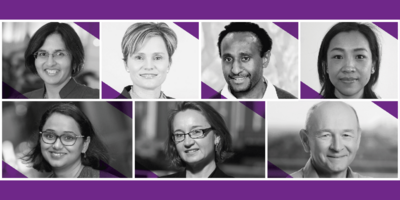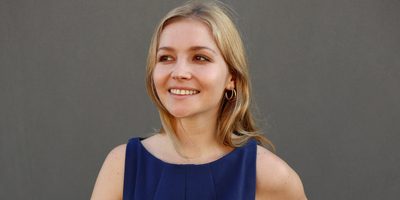PhD candidates Anthony Paulo Sunjaya, Ashwani Kumar and Nipuna Cooray have won first prize in the UNSW Founders Peter Farrell Cup Research Category for their start-up idea, Healthgenics. All three work in different programs across the Institute - Anthony is a PhD candidate in the Respiratory Program, Ashwani is in the Critical Care Program and Nipuna in the Injury Program. Their winning idea – Healthgenics - is an innovative diabetes prevention initiative, now ready for clinical trial.
“Healthgenics is an actionable diabetes prevention program that is personalised and accessible to anyone, anywhere. It is packed with prescription of tailored medication and gamification features for better adherence and outcomes,” said Ashwani Kumar.
“As a doctor, it pains me to see that while diabetes prevention programs have been shown to reduce diabetes risk by half, they remain inaccessible to most people in the world. Furthermore, existing programs are time-consuming and have low user adherence,” said Anthony Sunjaya.
According to Nipuna Cooray, “Our mission is to prevent diabetes from taking an unnecessary toll on millions of lives around the world. We plan to start a clinical validation study in the coming months.”
Following ten rigorous weeks of ‘start-up bootcamp’, our researchers emerged as finalists and won the A$8000 top prize in the Research category, beating intense competition on the final pitch night. The bootcamp encompassed the entire process from distilling a business idea to a one-page ‘lean canvas’, to finding product-market fit and finally, pitching.
The Peter Farrell Cup (PFC), now in its 22nd year, is a prestigious competitive ideas program run by UNSW Founders that supports the next generation of innovative entrepreneurs and start-ups.
“I’ve been to many of these pitch sessions, and tonight was just amazing,” declared Vice-Chancellor Attila Brungs, who served as a judge alongside UNSW Founders Entrepreneur-in-Residence Gary Zammel and Frances Atkins, Co-Founder and Director of Givvable (10x & New Wave).
Innovation is a critical part of The George Institute’s mission. Genovate - the Institute’s innovation and entrepreneurship program - facilitates the translation of research from ideation and product development to commercialisation and market success. Genovate delivers a range of programs that develop capacity in health-tech and supports start-ups whose innovations address non-communicable diseases in under-served markets. One of these programs is Health10x, a start-up accelerator delivered in partnership with UNSW Founders, that supports health start-ups as they work to meet health needs in vulnerable communities.
See the full list of winners



